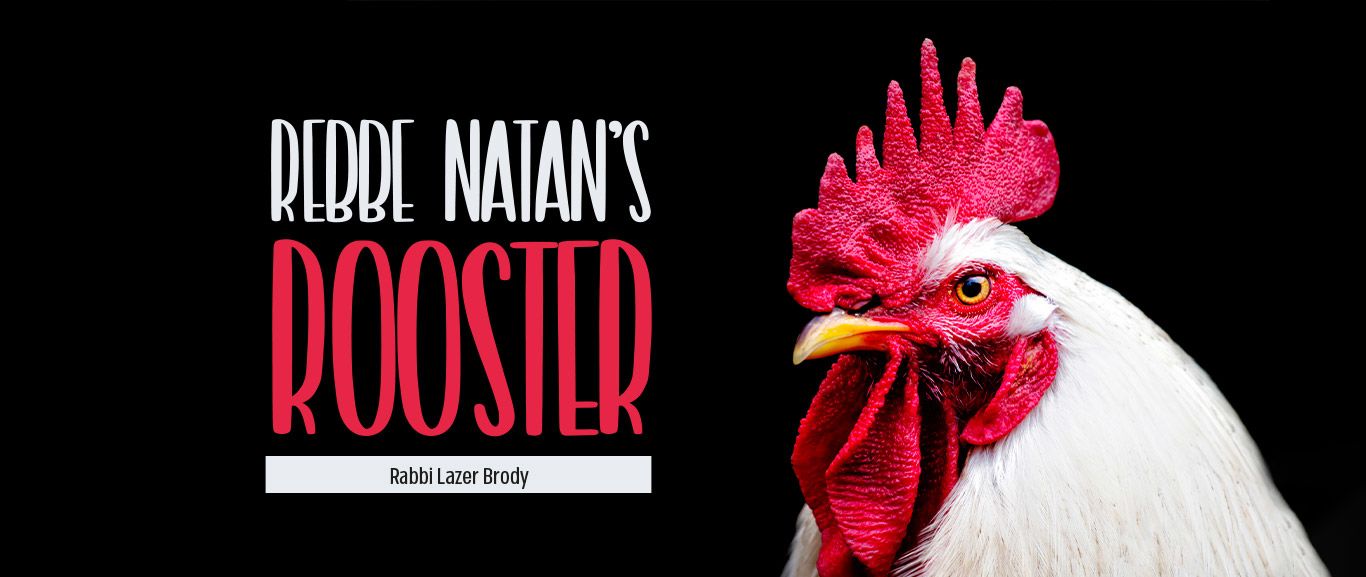
Rebbe Natan’s Rooster
Each minute of Rebbe Natan's life was a priceless pearl that he guarded carefully. No wonder he accomplished so much in his short lifetime of 65 years...

The Tenth of Tevet is not only a public fast day in Judaism, but it’s the special day that marks the anniversary of Rebbe Natan’s departure from the physical world. Thanks to Rebbe Natan, we have the rich legacy of Rebbe Nachman’s teachings. Rebbe Nachman once said, “Were it not for Natan, there wouldn’t be a single sheet of my teachings!”
Rebbe Natan is one of our history’s best examples of bitul larabo, one’s total self-nullification to one’s rabbi, teacher, and spiritual guide. Rebbe Natan had a prodigious IQ and a magnificent talent for learning Torah, as proven by his total mastery of Talmud and religious law by age 22, but he cast aside his own logic and intellect in favor Rebbe Nachman’s way of thinking. Rebbe Natan’s total internalization of his 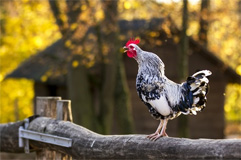 Rebbe’s teachings enabled him not only to think like his beloved and exalted teacher, but to author an entire compendium of nuances, elaborations, and esoteric commentary on Rebbe Nachman’s teachings known as Likutei Halachot and Likutei Moharan.
Rebbe’s teachings enabled him not only to think like his beloved and exalted teacher, but to author an entire compendium of nuances, elaborations, and esoteric commentary on Rebbe Nachman’s teachings known as Likutei Halachot and Likutei Moharan.
Each minute of Rebbe Natan’s life was a priceless pearl that he guarded carefully. His pocket watch was his most important material possession, for it also served him spiritually. No wonder he accomplished so much in his lifetime of 65 years.
Rebbe Natan spend thousands of hours communing with Hashem out in the field. As such, he was in touch with all of creation. Rebbe Natan was well versed in Perek Shira – The Song of Creation (written by King Solomon) – and we can be sure that he recited it regularly. Consistent with the value that he placed on guarding his time, Rebbe Natan asks why the rooster in Perek Shira says seven different songs, whereas all the other creations say only one. The rooster begins to sing at midnight, and then sings seven more times on the hour for a total of seven songs, while Rebbe Natan interprets as follows:
The Rooster says (this is midnight according to Rebbe Natan, the hour of compassion when the Holy One comes to walk with the souls of the righteous in the Garden of Eden; this is when the righteous arise to begin serving Hashem): “When the Holy One, blessed be He, comes to the righteous in the Garden of Eden, all the trees of the Garden of Eden exude their fragrance, and they rejoice and praise, and then He arouses and praises.” (Zohar, Vayakhel, 195)
- In its first call it says (this is the hour after midnight, when the diligent are already reciting Midnight Lamentations): “Raise up your heads, O gates! Be uplifted, eternal portals, so that the King of Glory may enter! Who is He, the King of Glory? Hashem, the mighty and strong, Hashem, the mighty in battle!” (Psalms 24:7-8)
- In its second call it says (it’s 2am already, and those who seek Hashem are now getting up): “Raise up your heads, O gates, and raise up, eternal portals, so that the King of Glory may enter. Who is He, the King of Glory? Hashem, Master of Legions, He is the King of Glory, Selah!” (Psalms 24:9-10)
- In its third call it says (it’s 3am already, and there’s still time to recite Midnight Lamentations before daybreak, but there’s no time to waste): “Stand, O righteous ones, and engross yourselves in Torah so that your reward will be double in the World-to-Come.”
- In its fourth call it says (it’s 4am already, and those who want to serve Hashem before daybreak must hurry): “I have hoped for Your salvation, Hashem.” (Genesis 49:18)
- In its fifth call it says (it’s 5am already, after daybreak, but still time to learn some Torah before praying with the sunrise minyan): “How long will you recline, O lazy one? When will you rise from your sleep?” (Proverbs 6:9)
- In its sixth call it says (it’s 6am already, after daybreak, and barely time to pray before sunrise): “Do not love sleep, lest you become poor; open your eyes and you shall be satiated with bread.” (Proverbs 20:13)
- In its seventh call it says (it’s 7am already, but at least there’s still time to say Kriat Shema and Amida in their prescribed times) : “It’s time to act for Hashem, for they have violated Your Torah.” (Psalms 119:126)
It may seem that Rebbe Natan is being critical of the late-risers, but that’s not the case. Rebbe Natan was stringent with himself but lenient with others. Although the early-risers achieve what they achieve, Rebbe Natan teaches that the eight calls of the rooster show that every person in whatever way he or she serves Hashem has their own merits and their own song, all of which are gratifying to Hashem. As such, “Rebbe Natan’s rooster” in Perek Shira shows that every individual has his or her importance, which no one has the right to diminish or understate the value of anyone else’s service of Hashem.
Where would we be without Rebbe Natan? May his sacred memory be blessed forever, amen!






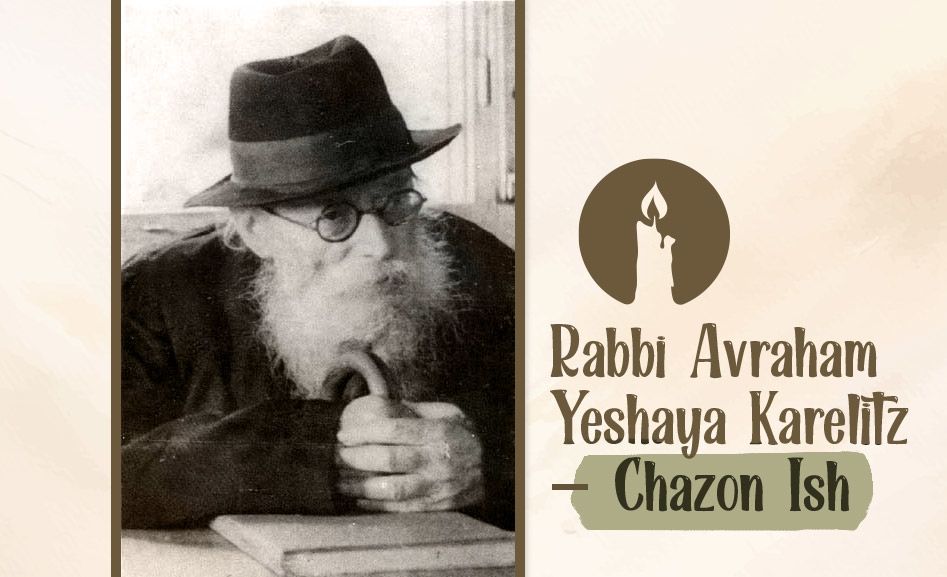

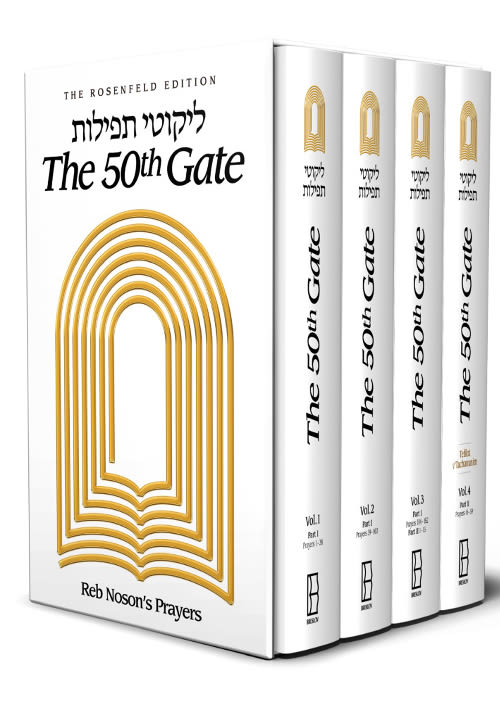

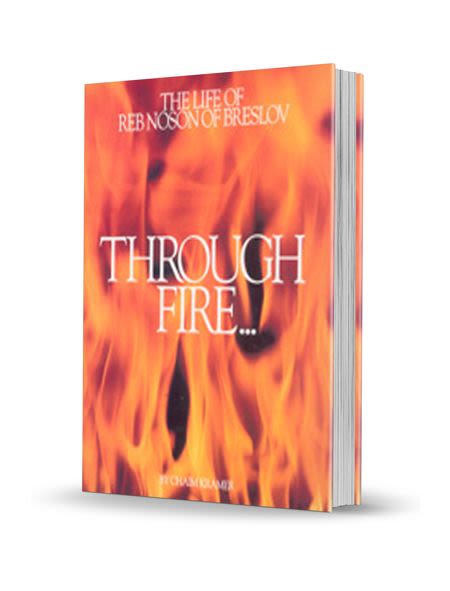
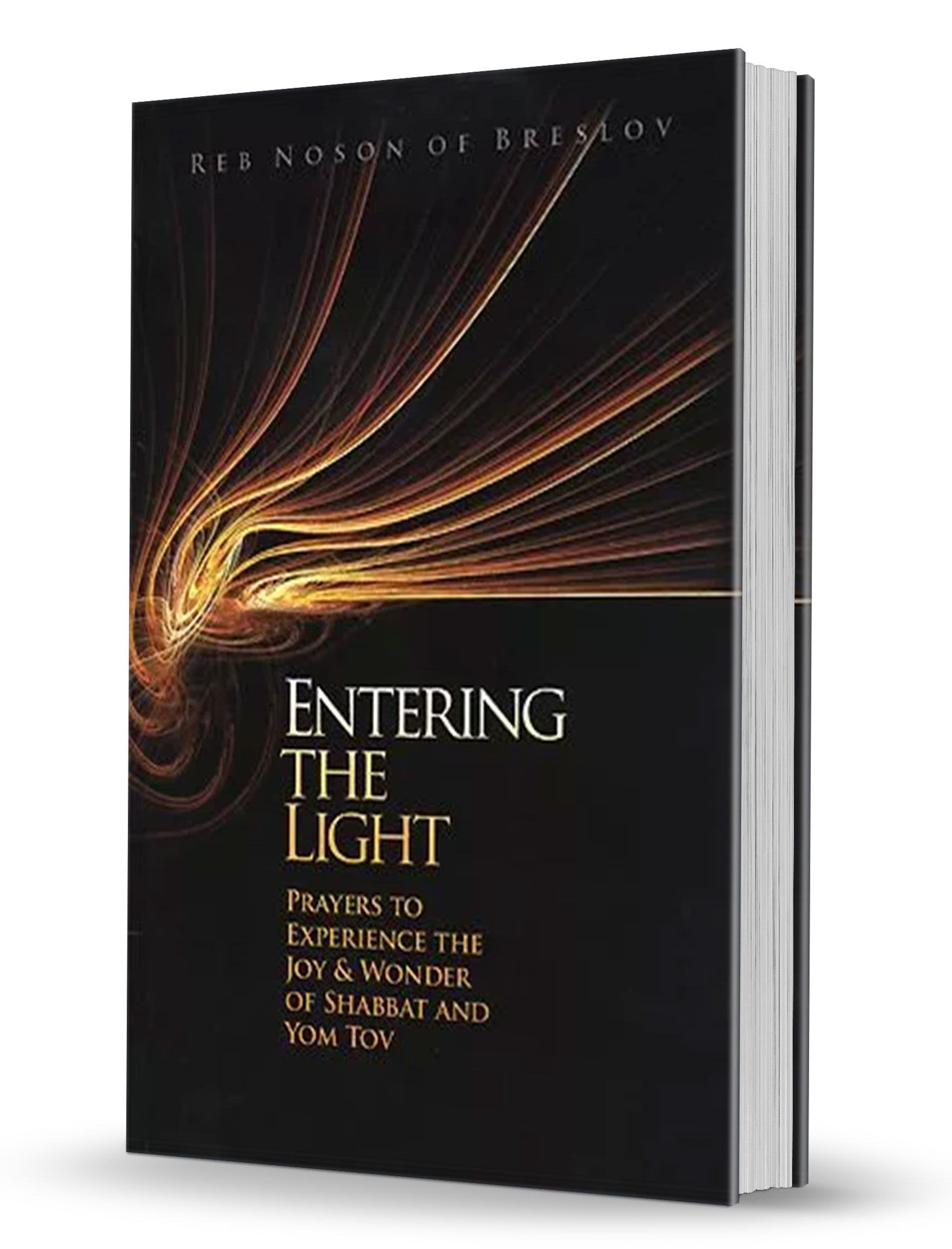

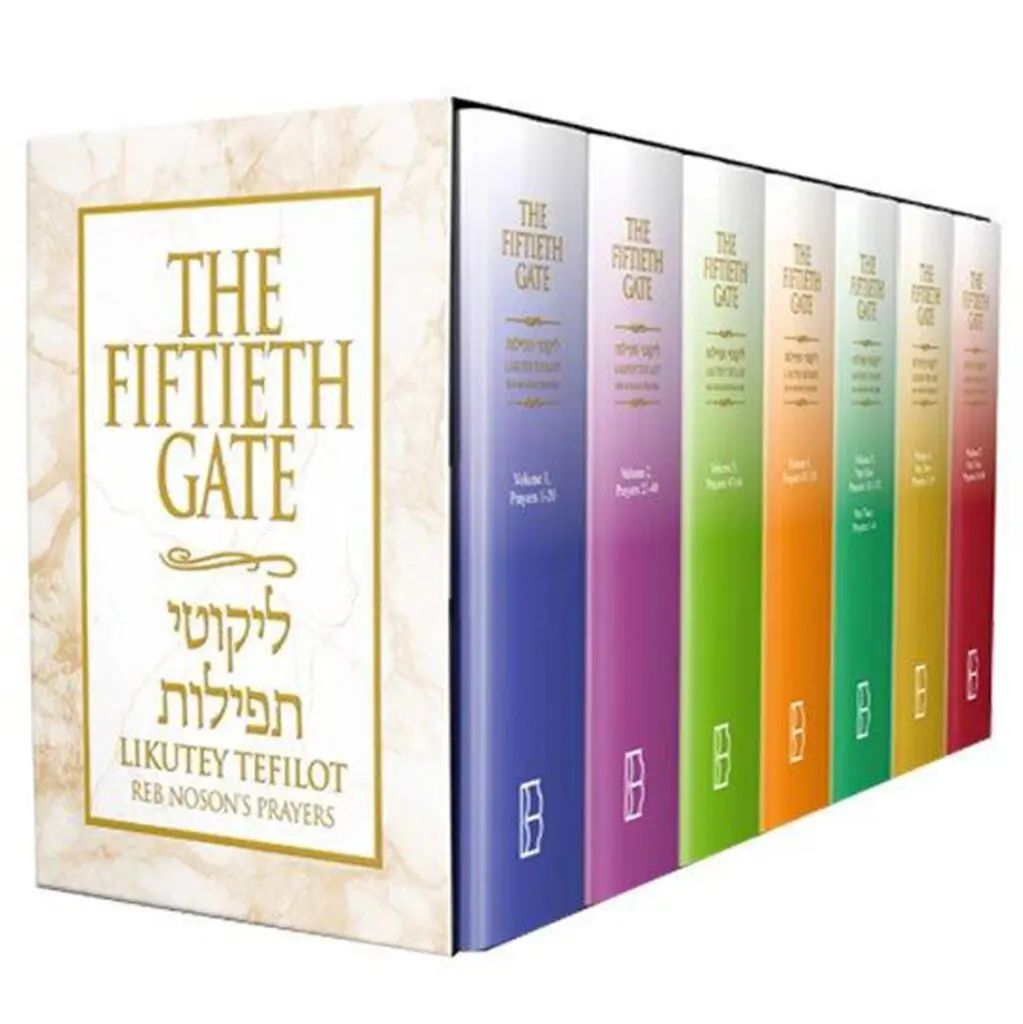
5/22/2023
Hens cocks Roosters are said to be Purest beings; Elohim who created is likened to an Exalted Hen like ; it is said that Hens roosters Cocks did not partake of Adamic fault , and are always in Communion with the Lord , purest
3/15/2015
rooster
I am studying Judaism. The article Rabbi Natan's rooster is wonderful. Please could you share me more information about the rooster. I mean what is its goal of singing, is it a mystic animal? Why some Jewish music use rooster's sing. Is it a special animal in the Judaism? I will appreciate your answer. Thanks Roddy
3/15/2015
I am studying Judaism. The article Rabbi Natan's rooster is wonderful. Please could you share me more information about the rooster. I mean what is its goal of singing, is it a mystic animal? Why some Jewish music use rooster's sing. Is it a special animal in the Judaism? I will appreciate your answer. Thanks Roddy